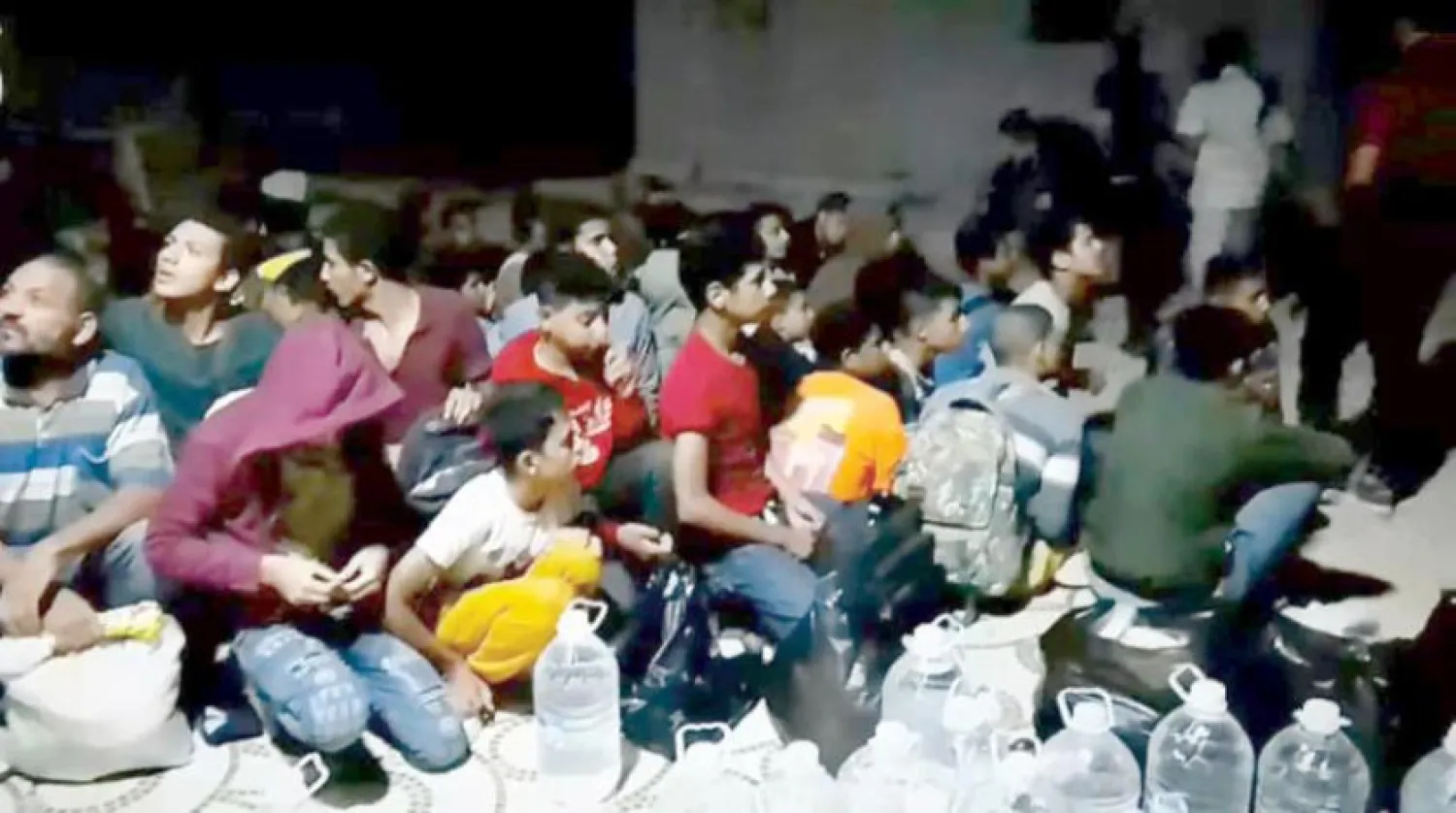The International Organization for Migration (IOM) said on Tuesday it organized a two-week training for Libyan officials to rescue irregular migrants from drowning in the Mediterranean.
The training is sponsored by the Organization under its project “Protecting Vulnerable Migrants and Stabilizing Communities in Libya,” which is financed by the European Union.
It aims to train concerned Libyan guards on search and rescue operations and provide them with a better understanding of safety concepts, including occupational safety and rescue swimming, and their implementation.
The IOM initiative comes at a time when Libya is suffering from an influx of thousands of migrants from Africa and Asia seeking to take the risky journey through the Mediterranean to reach Europe.
In a related development, security forces in Tobruk revealed that they raided a warehouse where they found 287 irregular Egyptian migrants, who were held by smugglers on the outskirts of the city, ahead of their transit to European shores.
The Security Directorate of Tobruk said a criminal investigations team and police members “are pursuing the gangs involved in the smuggling operation to bring them to justice.”
A week ago, the 444th Combat Brigade in Tripoli announced that its forces in Bani Walid had uncovered a den used by an outlaw gang that kidnaps and tortures migrants.
The Brigade said its forces liberated five kidnapped Egyptian workers who were subject to severe torture and beatings.
The coast guard has rescued 500 illegal migrants in nine successful operations off the Libyan coast.
The migrants were turned over to the Anti-Illegal Migration Authority to complete the procedures for their deportation to their countries.









